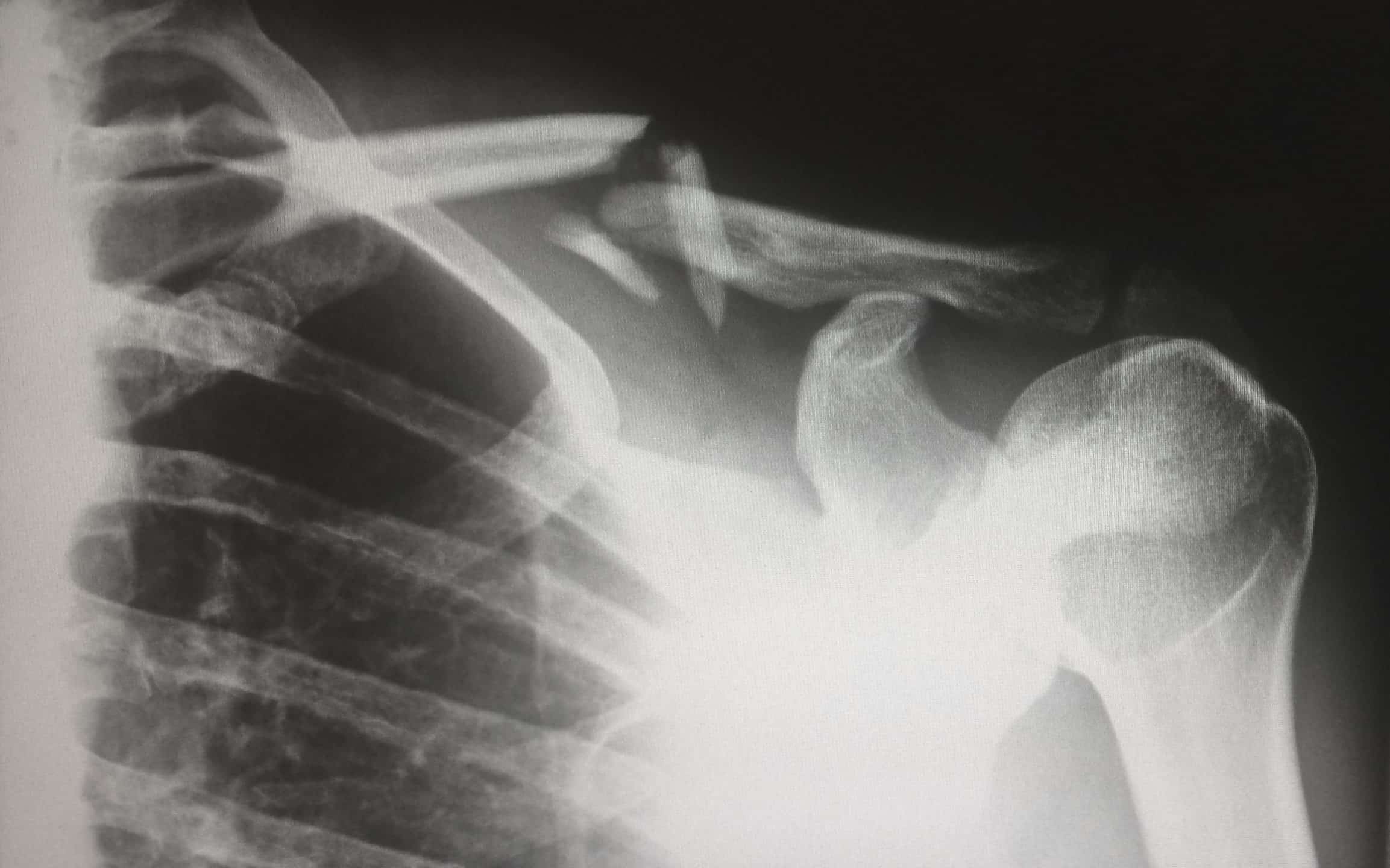In Canada, falls are the leading cause of preventable injury and can be quite serious, especially for young children and older adults.
According to the Canadian Institute for Health Information, nearly 41 Albertans per 100,000 were hospitalized after slips and falls between 2011 and 2016.
Some slip or trip and fall injuries are inconsequential and only cause bruising or mild abrasions. However, it is always a good idea to visit your doctor following any type of injury.
Victims of slip and fall injuries that take place on property owned by another individual may be eligible to file a slip and fall lawsuit. These types of accidents may be caused by a wide range of situations such as bad weather conditions, lack of proper maintenance and repairs, or the failure to clean up a spill.
The following are the most frequently occurring injuries that arise from slip and fall accidents:
Hip Fractures
A victim of a slip and fall may suffer from a broken hip at any age, but the risk is more significant for those over 55 years of age.
Hip fractures are one of the most serious types of slip and fall injuries because they usually require surgery, possibly a stay in the hospital and a lengthy recovery which includes rehabilitation.
Head Injuries
It is very important to seek immediate medical attention if you hit your head as a result of a fall. You may suffer from a concussion or traumatic brain injury. You may also suffer from a head injury if you were violently jarred or jolted during your fall.
Head injuries may not appear for hours or sometimes even a day or two following the accident. It is important to look out for symptoms of loss of balance, dizziness, nausea after falling, intense or sudden headaches that grow worse and listlessness. If you experience these types of symptoms, you should undergo a medical examination as soon as possible.
Neck, Back and Spinal Cord Injuries
If, as a result of a slip and fall, your neck, back or spinal cord experiences sudden jarring, twisting or impact, you might suffer from the following:
- Fractured vertebrae;
- Slipped or herniated discs;
- Permanent or temporary paralysis;
- Neurologic or other sensory impairment;
- Brachial plexus injury;
- Bruising and swelling; and/or
- Chronic back pain.
These types of injuries might require extensive treatment before you begin to feel as you did prior to the fall. For some injury victims, the damage caused by the fall is permanent and the pain is chronic.
Damaged Extremities
When you slip or trip, your hands and feet are the most likely parts of your body to come into contact with the ground or other hard surface. You may experience cuts, bruises or swelling as a result. The fall may also cause broken fingers, sprained wrists or damage to your ankles. It is not unusual for one’s forearms, hands, toes and feet to become fractured by a slip and fall accident.
Wrist injuries are problematic as they can interfere with your ability to type, cook or even button a shirt. Ankle injuries are especially significant as they may cause you to be unable to walk.
Soft Tissue Injuries
A soft tissue injury is an injury to a tendon, muscle, ligament, fascia, skin or other fibrous tissue in the body. Injuries of this nature might be some of the most painful injuries, however they may not manifest themselves until days or weeks after the accident.
As soft tissue injuries are not visible to the eye, it is important to attend for medical treatment soon after the accident. If left untreated, soft tissue injuries can lead to chronic pain or may cause other types of injuries as you compensate for the pain by overusing then damaging another part of your body.
Knee Injuries
Knee injuries are also common injuries arising out of slip and fall accidents. Knees are a complicated collection of bones and ligaments and can take a long time to heal. Fractures, sprains, tears or dislocations to the knee may occur after a fall depending on the mechanism of the accident and require medical attention for treatment.
Shoulder Dislocation and Muscle Strains
Your shoulder can be injured in a fall if your shoulder hits the ground or if you reach out as you fall and jar your shoulder. Shoulder dislocations and strains are problematic due to the resulting pain and its affect on the ability to complete daily activities.
WHAT SHOULD YOU DO IF YOU HAVE BEEN INJURED IN A FALL?
If you have suffered injuries following a slip and fall as the result of the negligence of a third party, it is very important to seek appropriate medical attention and to document all of your medical injuries. Keeping a diary of your daily pain levels is a good way to help document your pain and suffering.
Any of the above listed injuries can result in expensive medical bills, loss of income and long-term recovery expenses. Therefore, it is recommended that you contact a personal injury lawyer as soon as possible in order to obtain an evaluation of your potential claim.
An experienced and qualified lawyer can help guide you and ensure that you are taking the proper steps in order to receive the compensation you need to recover from your slip and fall injury. Please see our recent blog which can provide more detailed information on steps to take following a slip and fall accident.
If you have been injured in a slip, trip or fall due to the negligence of a third party, please contact the experienced personal injury lawyers at Cuming & Gillespie LLP online or at 403-571-0555. It is important that you call us promptly so we can help you understand your rights and the potential to recover compensation for your injuries. Call our office for a free consultation to determine how we can help you following a slip and fall injury.

